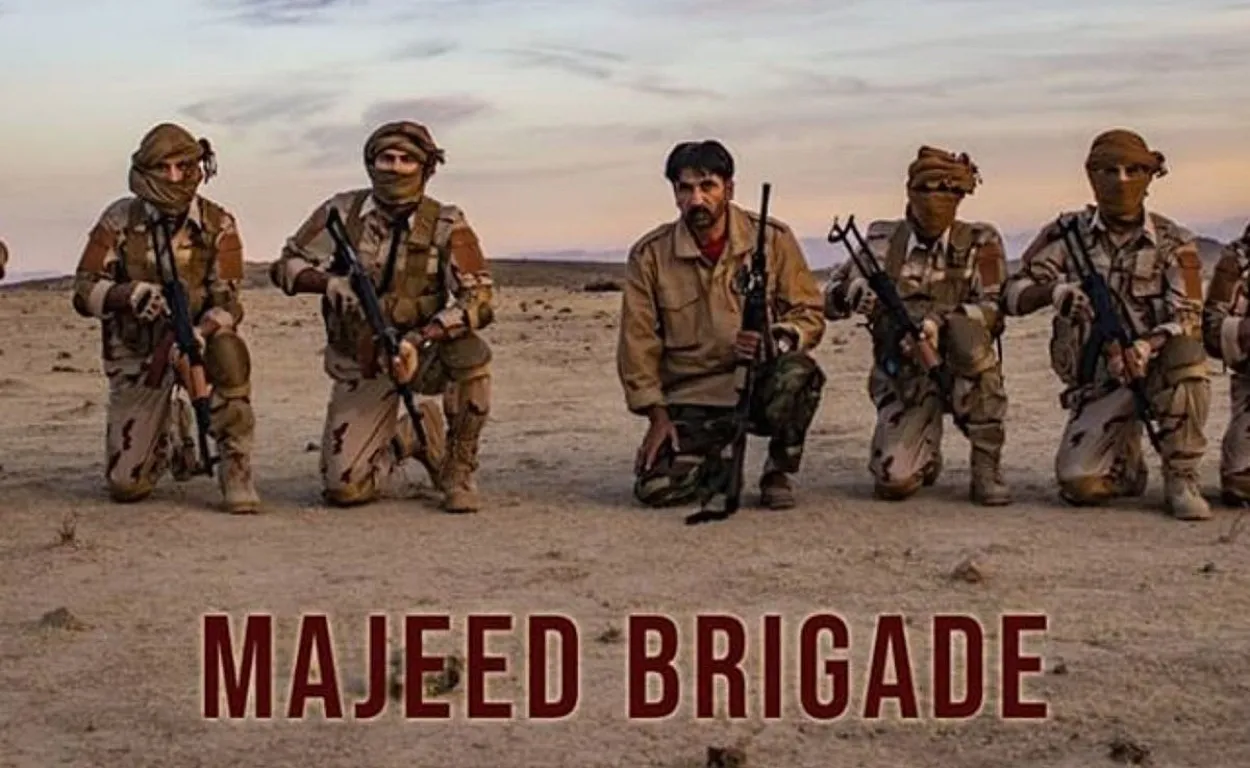The Pakistani Ministry of Interior has officially banned the BLA Majeed Brigade and the Hafiz Gul Bahadur Group, following the approval from NACTA (National Counter Terrorism Authority). The decision was made after a two-year period of monitoring these groups’ activities, the notification said. With this addition, the number of banned organizations in Pakistan has now risen to 81.
Background on Hafiz Gul Bahadur Group
Active in North Waziristan, the Hafiz Gul Bahadur Group came to prominence when Hafiz Gul Bahadur parted ways with Baitullah Mehsud’s Tehrik-e-Taliban Pakistan (TTP). When Baitullah Mehsud became the TTP leader in 2007, Hafiz Gul Bahadur was appointed as the deputy leader in North Waziristan. Originating from the Utmanzai tribe, Hafiz Gul Bahadur had established a force of 4,000 volunteers in 2001.
Initially, the Hafiz Gul Bahadur Group was considered a pro-government faction and was reported to be against attacks on Pakistani forces by the Taliban. Analysts have often referred to this group as the “good Taliban.”
Banned Baloch Armed Groups
In Balochistan, several armed groups including the Balochistan Liberation Front (BLF), Baloch Liberation Army (BLA), Baloch Republican Army (BRA), and Baloch National Guard, among others, believe in armed struggle. The Pakistani government has classified their activities as terrorism and banned them. The BLA is one of the oldest among these groups.
Journalist and analyst Shehzada Zulfiqar, who monitors the ongoing insurgency in Balochistan, explains that Aslam Baloch and Basheer Zeb founded the Majeed Brigade. “Their training and publication materials suggest a commitment to making significant advancements because the most dangerous action is when you charge into a place without caring for your own life,” he said.
Basheer Zeb, the commander of the Baloch Liberation Army was the chairman of the Baloch Students Organization Azad before joining the BLA.

